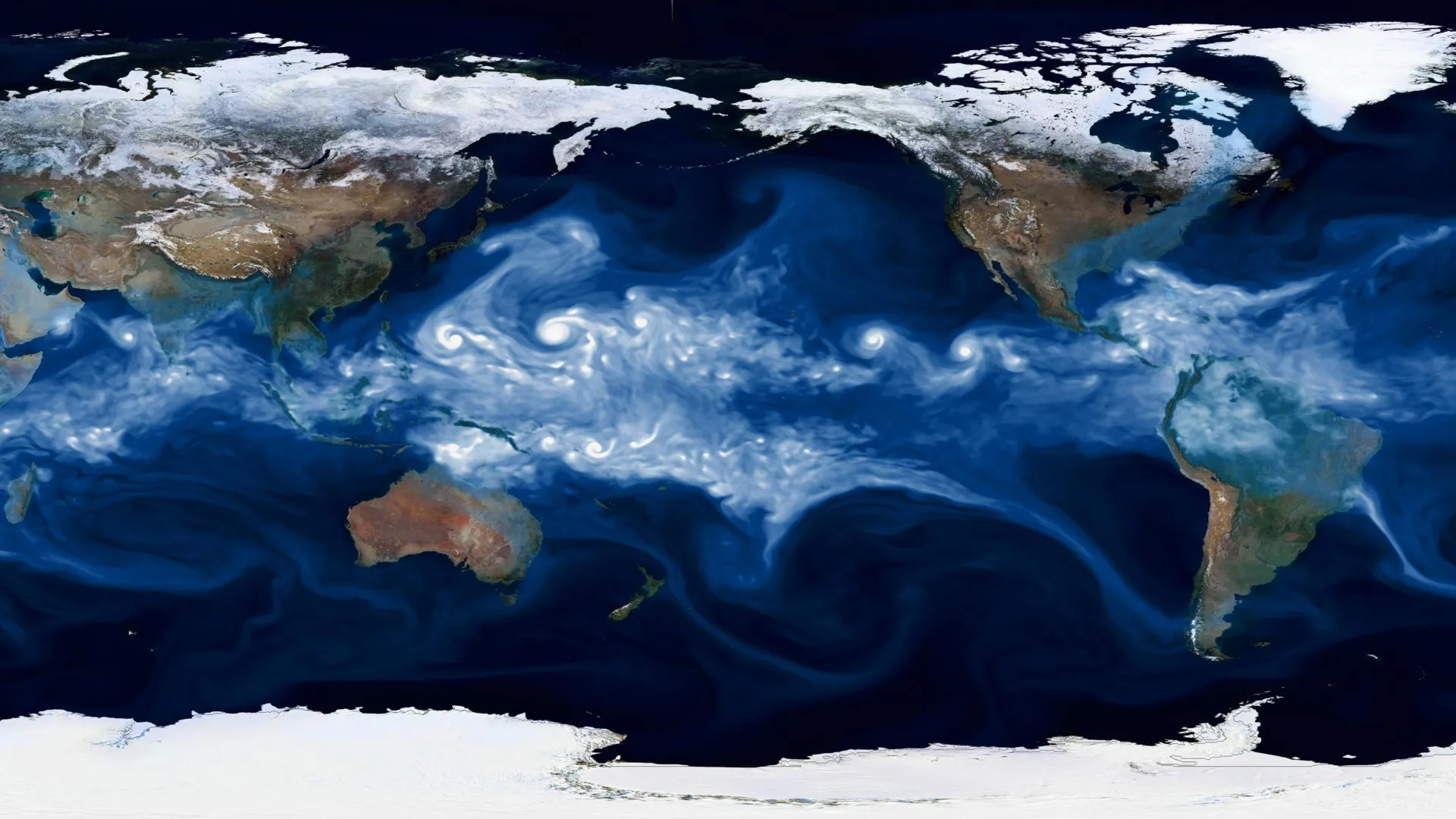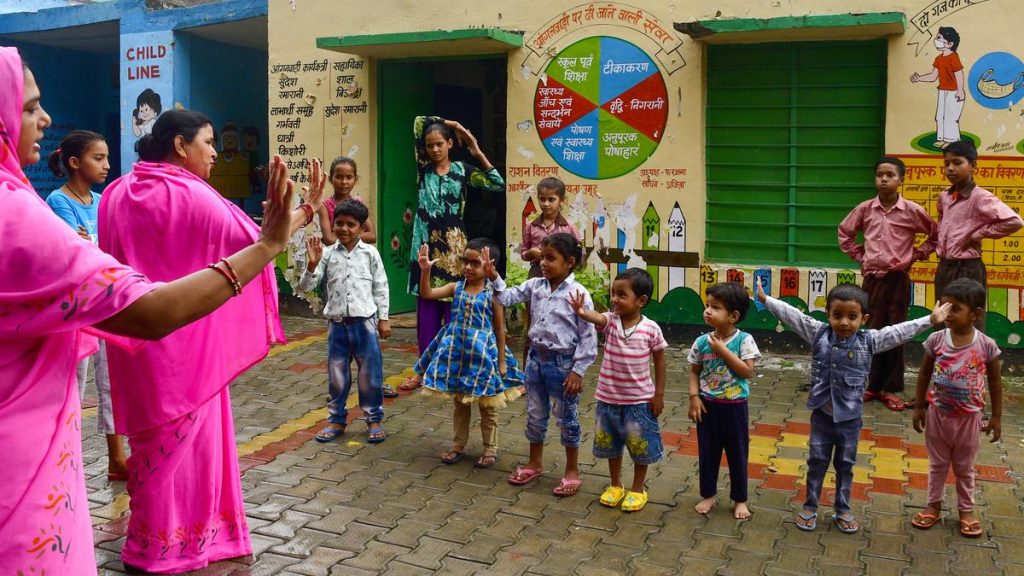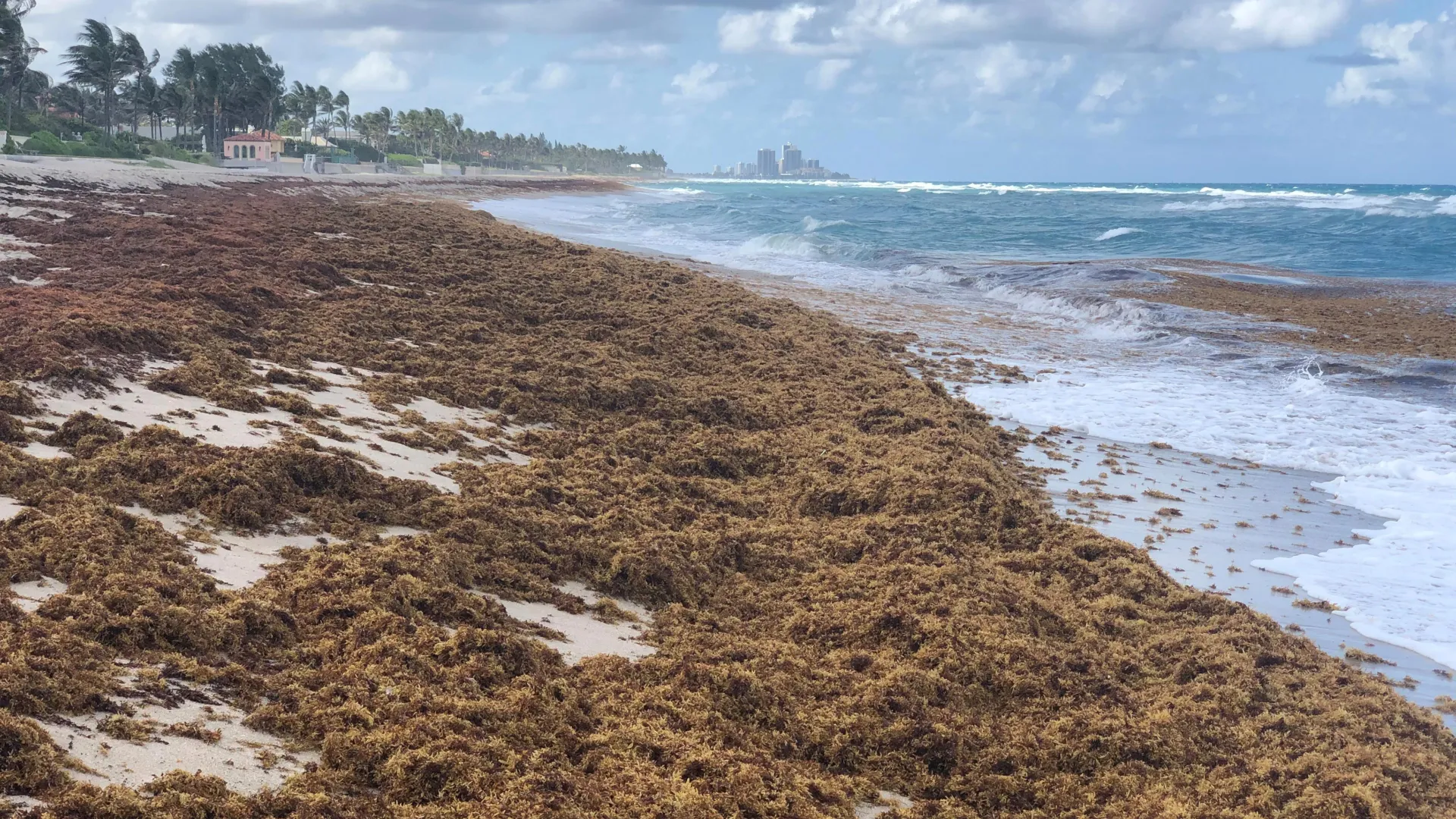Now Reading: Scientists Warn of Potential Shutdown of Atlantic Ocean Current
-
01
Scientists Warn of Potential Shutdown of Atlantic Ocean Current
Scientists Warn of Potential Shutdown of Atlantic Ocean Current

Quick Summary
- The Atlantic Meridional Overturning Circulation (AMOC), a major ocean current system, could shut down after 2100 under high-emission scenarios, according to a study involving the Potsdam Institute for Climate Impact Research (PIK).
- AMOC transports warm tropical water northward and colder, dense water back south, influencing European weather and global patterns.
- Simulations show deep winter convection collapse in key North Atlantic seas as the tipping point for AMOC shutdown. Warming weakens vertical mixing in oceans by reducing winter heat loss.
- after collapse of deep convection, surface waters become less saline and lighter, creating self-reinforcing feedback that perpetuates AMOC weakening.
- Some models predict less than 20% of current heat release from the far North Atlantic after shutdown; one even predicts near-zero levels.
- CMIP6 simulations extended until 2300-2500 suggest AMOC reaches shallow circulation states post-collapse in all high-emission scenarios and some intermediate/low-emission ones.
- Trends observed recently align with these projections; urgency to cut emissions fast is emphasized despite being unable to eliminate risks entirely.
Indian Opinion Analysis
The study presents alarming evidence regarding climate dynamics beyond traditional projection timelines up to 2100. For India, potential shifts in tropical rainfall belts due to an AMOC shutdown may significantly impact monsoonal patterns-critical for agriculture-dependent economies. Furthermore, amplified climate extremes elsewhere could indirectly affect India’s trade and regional stability.
Efforts toward rapid emission reductions globally will be vital for mitigating such risks long-term. This research highlights the importance of extending future-focused climate modeling while accelerating domestic policies on decarbonization within high-vulnerability nations like India.Recognition of systemic interconnectedness underscores why international cooperation remains central in addressing evolving climatic challenges.

























